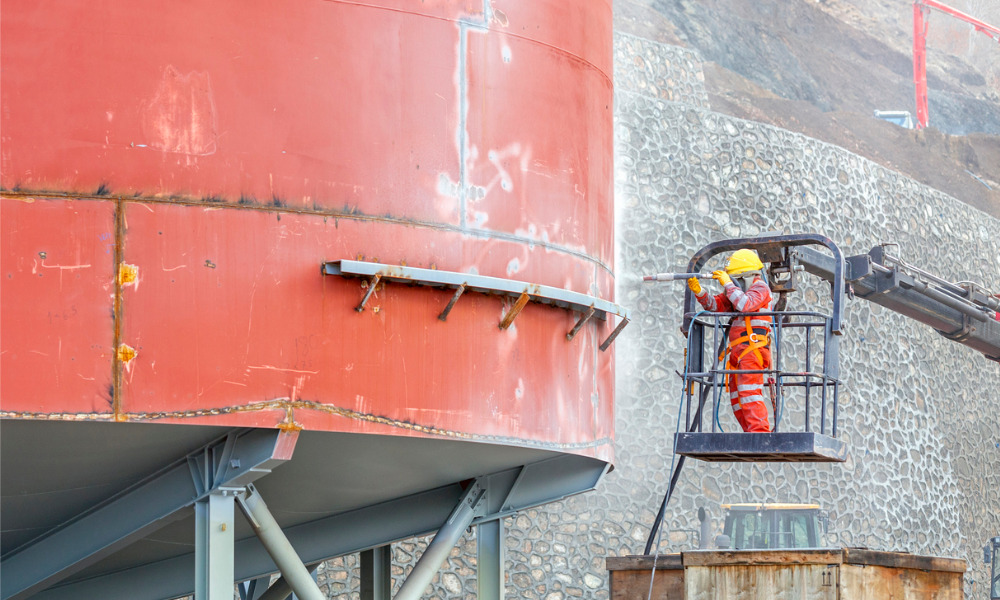Organization records 23 worker deaths, 97 incidents in transportation, tank cleaning industries since 2016

The U.S. Department of Labor’s Occupational Safety and Health Administration’s (OSHA) Chicago regional office has established a program to protect workers in industries typically engaged in tank cleaning activities.
These include trucking, rail and road transportation, remediation services, material recovery and waste management services.
“OSHA often finds employers who use transportation tanks fail to test atmospheric conditions inside the tankers, complete confined space entry permits and use adequate respiratory protection before allowing cleaning workers to enter,” said William Donovan, OSHA’s acting regional administrator, in Chicago. “These companies can prevent injury, illness or worse by implementing safety and health programs and training workers to identify hazardous conditions and use required protective measures to protect workers from harm.”
The initial phase of the program will include informational mailings to employers, professional associations, local safety councils, apprenticeship programs, local hospitals and occupational health clinics. OSHA will also provide presentations to industry organizations and stakeholders.
After the three-month outreach, OSHA will schedule and inspect targeted industries in Illinois, Ohio and Wisconsin and those under federal jurisdiction in Indiana, Michigan and Minnesota.
The program is OSHA’s response to the 23 worker deaths and 97 incidents that the OSHA’s Chicago region has investigated in the transportation and tank cleaning industries since 2016.
In one of those incidents, an Ohio worker tasked with cleaning a chemical tanker trailer collapsed upon entering the tank. Answering the employee’s call for help, a nearby truck driver entered the tank. Both workers succumbed to fatal toxic fumes.
In another incident in Illinois, a worker opened the lid of a tanker trailer containing toluene and was found a short time later lying across the open dome and unresponsive. Rushed to a nearby hospital, he survived after being treated for respiratory failure and cardiac arrest.
“Transportation tanks on trucks or railcars must be cleaned and inspected before refilling with the same or different commodity for transport. Workers who clean these tanks between uses face many serious and potentially deadly hazards caused by toxic fumes from chemicals, decaying crops, waste and other substances that can expose workers to suffocation, fires and explosions,” according to OSHA.
OSHA encourages industry employers to take steps to identify, reduce and eliminate hazards related to confined spaces and implement noise safety strategies during the Regional Emphasis Program’s initial phase. The agency also urges employers to use its free consultation services for advice on complying with OSHA standards.
Recently, OSHA signed an alliance with the Ohio On-Site Consultation Program, the Ohio Bureau of Workers' Compensation and the Ohio Agribusiness Association. The two-year alliance will help train workers on the grain industry’s six major hazards: engulfment, falls, auger entanglement, “struck by,” combustible dust explosions and electrocution hazards and OSHA’s Grain-Handling Safety Standard.





